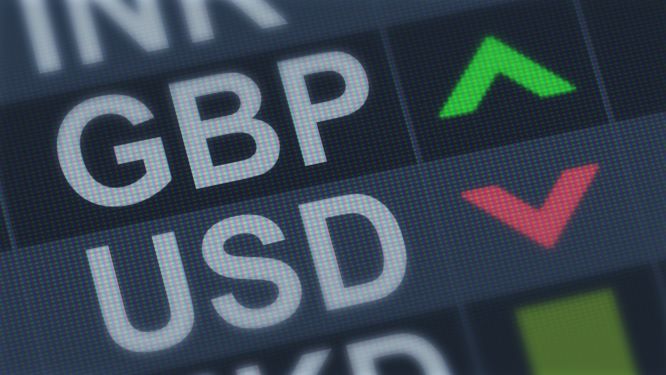
Despite the recent legal conflicts involving the EU and the AstraZeneca vaccine, the UK’s coronavirus vaccination program is actually going from strength to strength.
The NHS recently achieved the milestone of completing 30 million first doses nationwide, with Minister for Vaccine Deployment Nadhim Zahawi saying that the UK remains on course to protect all adults by July.
But what exactly does this mean for the Great British pound (GBP), and did Brexit really play a role in facilitating the UK’s world-beating vaccine drive?
How do the UK Compare With Others When it Comes to Vaccine Deployment?
The UK has certainly blazed a trail for others to follow in terms of Covid-19 vaccine deployment, having been the first nation to approve the Pfizer-BioNTech in the world.
Similarly, Margaret Keenan (90) became the first person in the world to receive a clinically approved dose of the vaccine on December 8th, 334 days after the first coronavirus death was reported in China.
Although the UK isn’t the best-performing nation in terms of vaccination rates, it has certainly outperformed any of its neighbours and major economic contemporaries. In fact, it ranks fourth in terms of the number of Covid-19 vaccines administered per 100 people, with 40 doses having been delivered per 100 citizens as of March 28th.
Israel currently leads the way in this respect, with more than half of the nation’s subjects having actually received two doses of the coveted Pfizer-BioNTech jab to date.
Otherwise, only the UAE and Chile have outperformed the UK, with the United States, Germany and France all lingering behind England, Wales, Scotland and Northern Ireland.
Of course, the landscape is complicated slightly by the fact that many countries have focused on delivering two jabs to vulnerable citizens before reaching out to the wider community. In terms of numbers, however, there’s no doubt that the UK can take pride in the speed and efficacy of its vaccine rollout to date.
How has This Impacted on the Pound?
The relative performance of the UK government against their EU and North American counterparts has definitely impacted respective currency values.
For example, the GBP/USD has inched higher and back above the 1.38000 mark of late, partially due to the success of the UK’s vaccine rollout and the introduction of a $1.9 trillion stimulus package stateside.
Economists are also predicting that the success of the vaccine rollout and its ongoing momentum will maintain the quarterly trend of appreciation against both the Euro and the Swiss franc, with Goldman Sachs suggesting that this is likely to underpin an economic rebound on these shores.
For all of this good news, however, the argument that Brexit actively contributed to the vaccine rollout success appears to be inaccurate.
While it’s undeniable that the additional bureaucracy associated with group buying slowed down procurement for EU states, it’s also true to say that said states retained the autonomy to remove themselves from this program and buy their own vaccine supplies.
So, the UK could have theoretically decided to break with EU protocol even if they’d remained as members of the single bloc, and although Brexit made this process easier, it certainly wasn’t a catalyst for the vaccine’s subsequent success.
Whether this trend continues has yet to be seen, particularly if the UK struggles to administer its second doses on time. For now, however, the vaccine rollout is underpinning a significant appreciation in the pound, while improving economic sentiment nationwide.